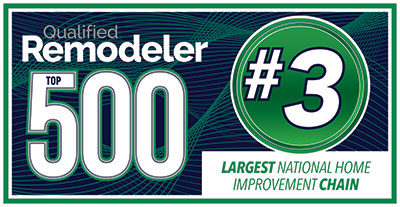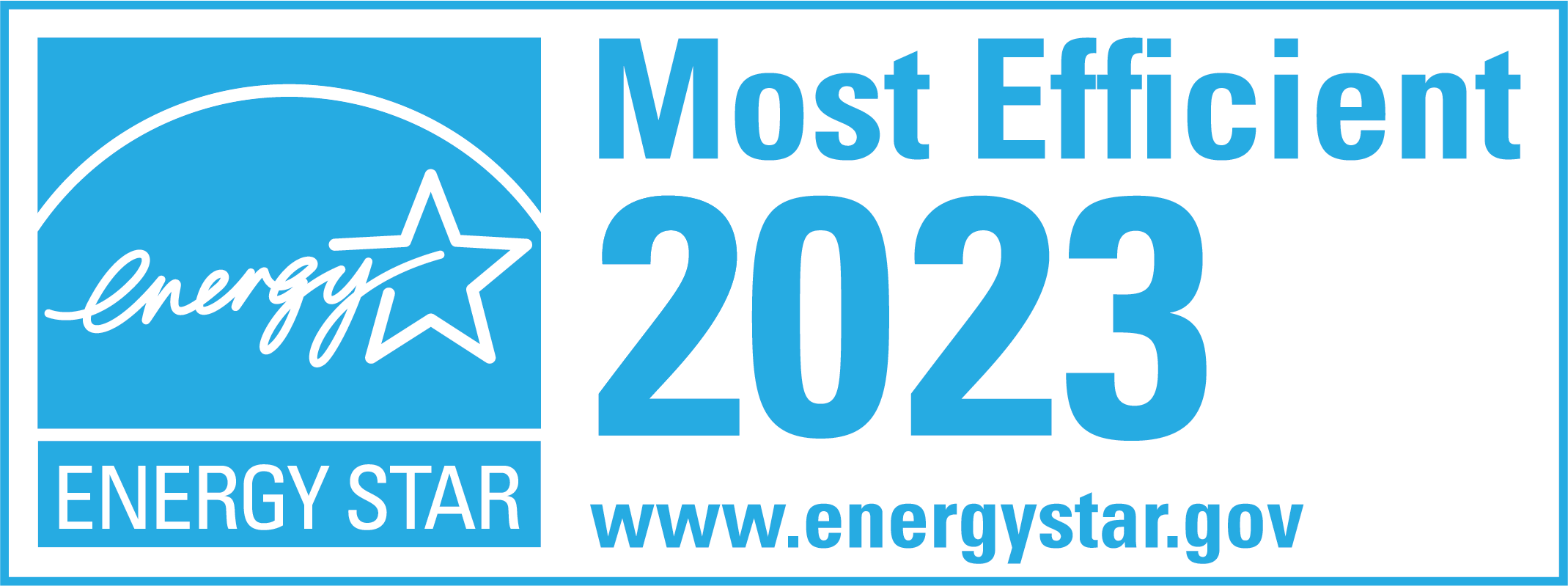Vinyl Window Problems
Vinyl windows have become increasingly popular over the past few decades but come with problems like any product. This article delves into the issues commonly associated with vinyl windows and compares them to alternative window materials like wood, aluminum, and fiberglass.
Understanding vinyl windows
Before we get into the problems with vinyl windows, let’s first understand what they are and why they’ve become so popular. Vinyl windows are made from a type of plastic called polyvinyl chloride (PVC). They’re durable, energy-efficient, and low maintenance, making them an attractive option for homeowners.
What are vinyl windows?
Vinyl windows are made up of multiple layers of PVC, reinforced with additives like titanium dioxide and impact modifiers to increase their strength and versatility. They’re great at insulating against heat loss and can help lower energy bills, especially when equipped with double or triple-pane glass.
One of the key benefits of vinyl windows is their durability. Unlike wood or aluminum windows, vinyl windows resist rotting, warping, and rusting. This makes them a great choice for homeowners who want a low-maintenance option that will last for years.
In addition to their durability, vinyl windows are also very easy to clean. They don’t require special cleaning products or techniques and can be easily wiped down with a damp cloth. This makes them a great choice for busy homeowners who don’t have much time to spend on maintenance.
The rise in popularity of vinyl windows
Vinyl windows first appeared in the 1970s and have since exploded in popularity, with around a third of all windows installed in the US being made from vinyl. Their affordability and ease of installation have spurred demand, as has their resistance to heat and moisture damage.
Another reason for the rise in popularity of vinyl windows is their energy efficiency. Vinyl windows are great at insulating against heat loss, which can help lower energy bills and reduce a home’s carbon footprint. They’re versatile and can be customized for various window shapes and sizes.
Finally, vinyl windows are a great choice for homeowners who want to reduce outside noise. Their multiple layers of PVC can help block out unwanted noise, making for a quieter and more peaceful home environment.
Common issues with vinyl windows
While vinyl windows have many positive attributes, there are several issues homeowners should be aware of before making this type of window their choice for replacement. This article will explore some common issues with vinyl windows in more detail.
Warping and distortion
Vinyl windows can warp and distort over time, especially if exposed to extreme temperatures. This can lead to gaps in the seal and allow air to leak in, which can cause problems with insulation and energy efficiency. However, it’s important to note that not all vinyl windows are created equal. Some manufacturers use higher-quality vinyl that is less likely to warp or distort over time, so be sure to research before making a purchase.
Fading and discoloration
Vinyl windows can also fade and discolor, particularly when exposed to sunlight. This can make your home look unsightly, especially if the window coloring started as a specific style or color. However, there are ways to mitigate this issue. Some manufacturers offer vinyl windows with special coatings that help protect against fading and discoloration, so be sure to ask about this option if you’re concerned about the appearance of your windows over time.
Limited customization options
Vinyl windows don’t offer as many color and design options as alternative materials like wood, limiting your ability to customize them to suit your preferences fully. However, this doesn’t mean you can’t find vinyl windows that fit your style. Some manufacturers offer a range of colors and finishes, and you can also add custom trim or grilles to give your windows a unique look.
Expansion and contraction
Like all plastics, vinyl expands and contracts depending on the temperature. This can lead to issues with the seal, which can make your windows less energy-efficient. However, many manufacturers have developed ways to mitigate this issue. For example, some vinyl windows come with special spacers between the panes of glass that help reduce heat transfer and prevent seal failure.
Seal failures and air leaks
Vinyl windows can also develop seal failures, especially if improperly installed or subjected to harsh weather conditions. This can lead to air leaks, making your home less comfortable and inefficient. However, proper installation is key to preventing this issue. Be sure to hire a qualified professional to install your vinyl windows and ensure they’re properly sealed and insulated.
In conclusion, while vinyl windows have some potential issues, they’re still popular and cost-effective for many homeowners. By researching, choosing a reputable manufacturer, and ensuring proper installation, you can enjoy the benefits of vinyl windows for years to come.
Environmental concerns
In recent years, environmental concerns have come to the forefront, leading many homeowners to consider the environmental impact of their purchases, including vinyl windows. While vinyl windows are a popular choice for their energy efficiency and affordability, there are several environmental factors to consider when choosing this type of window.
Non-biodegradable materials
Vinyl windows are made from plastic, which is a non-biodegradable material. This means they will sit in a landfill for hundreds of years when it’s time to replace them. This is a concern for many homeowners who are looking for more sustainable options for their homes. While some manufacturers have started incorporating recycled materials into their vinyl windows, this is still a relatively new trend, and not all vinyl windows are made with recycled materials.
Energy efficiency concerns
While vinyl windows are energy-efficient, they’re not always the most sustainable choice. Manufacturing PVC is energy-intensive, and the raw materials are not renewable, so they may not be the most environmentally-friendly option in the long run. Additionally, the energy savings from vinyl windows may be offset by the environmental impact of their production and disposal.
Disposal and recycling challenges
Recycling vinyl windows can be difficult, as the materials aren’t easy to separate once assembled. This can make it more challenging to dispose of them in an environmentally-friendly way once they’ve reached the end of their lifespan. While some recycling programs do exist for vinyl windows, they are not yet widely available, and many homeowners may not be aware of them.
Despite these concerns, there are steps that homeowners can take to minimize the environmental impact of their vinyl windows. Choosing vinyl windows with recycled content is one option, as is ensuring that the windows are properly installed and maintained to maximize their energy efficiency. Additionally, homeowners can explore alternative window materials, such as wood or aluminum, which may be more sustainable options in the long run.
Comparing vinyl windows to alternative materials
To better understand the benefits and drawbacks of vinyl windows, it’s helpful to compare them to alternative window materials like wood, aluminum, and fiberglass.
Wood windows
Wood windows are a traditional choice that can add a charming aesthetic to your home. They’re often more expensive and require more maintenance than vinyl windows, but they’re also more customizable and can last up to 30 years with proper care.
Aluminum windows
Aluminum windows are lightweight and durable, making them an attractive option for high-rise buildings and other structures requiring many windows. However, they’re less energy-efficient than vinyl or wood windows and can become corroded.
Fiberglass windows
Fiberglass windows offer an excellent balance of energy efficiency and durability. They’re also more customizable than vinyl windows, and they don’t expand or contract with temperature changes, making them a more stable option over the long term. However, they are often more expensive than vinyl windows.
In closing
While vinyl windows offer many benefits, they also come with drawbacks that homeowners should consider before purchasing. When weighing the pros and cons of vinyl windows, it’s important to compare them to alternative materials like wood, aluminum, and fiberglass to find the option that best suits your needs and preferences.






